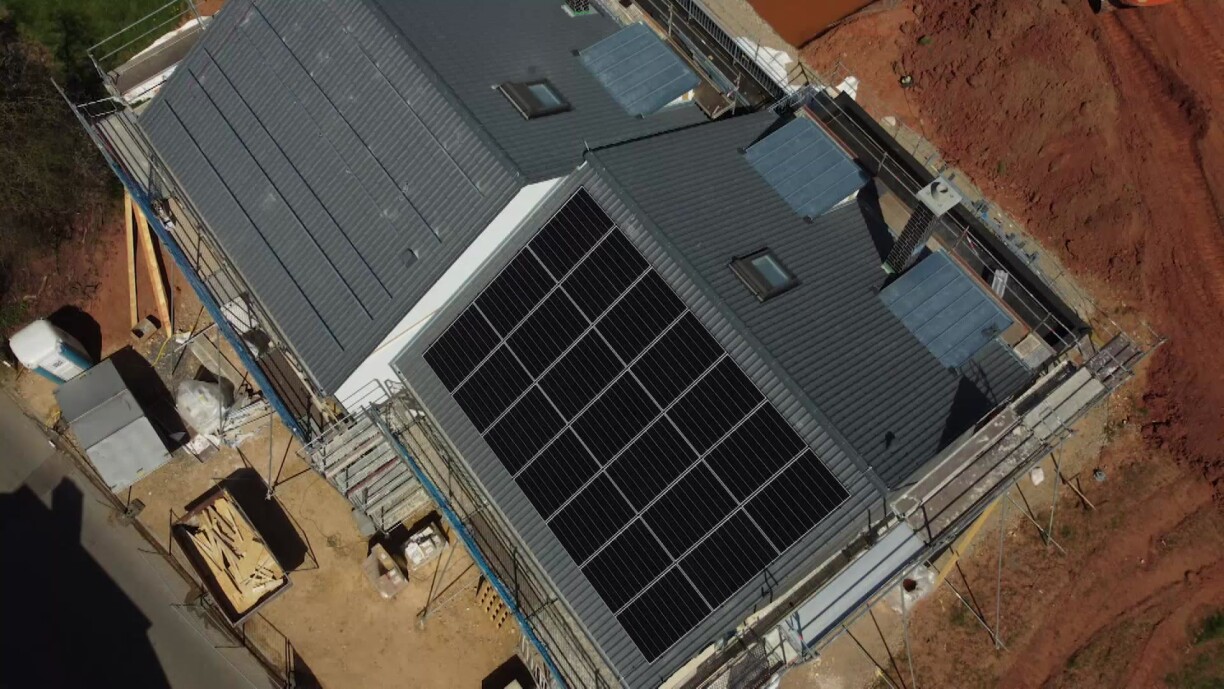
That is a 7% increase from 2015, according to the latest “Global Electricity Review” by the British think tank ‘Ember’.
The EU is currently in the lead, with wind and solar accounting for 22% of total electricity production.
But in addition to the large solar production facilities, an increasing number of private individuals want to produce their own sustainable energy to function independently - and are willing to pay a lot of money to do so.
There was already a boom in the solar industry around 10 years ago, but due to technical limitations and a lack of political drive this transition declined.
Now, high electricity prices, high subsidies, and concerns about bottlenecks have stimulated demand in the past year.
A household in Luxembourg consumes an average of 4,000 kilowatt hours per year. This may add up to 10,000 kilowatt hours when combined with an electric car and heat pump.
A solar system on the roof generates around 8,000 kilowatt hours per year. In theory, a household can therefore be 80% self-sufficient with a battery.
Customers have very different reasons for tackling such a project, says housing specialist David Poveromo: “On the one hand, they want to get away from fossil fuels, but they also want to produce their own electricity.”
Other important factors include spending less money in the long term and being less dependent on market volatility.
The specialist for, among other things, heating installations is currently working in Oberkorn, where an entirely new neighbourhood with houses and flats is being built in Rue Yvonne Useldinger-Hostert.
The buildings themselves are supposed to cover a large part of the energy consumption, including heating. 2023 and 2024 in particular could be interesting years for these types of installations.
According to Poveromo, the supply of these photovoltaic installations will continue to increase in the coming months: “When that happens, production will increase, delivery times will shorten, and prices will slowly but surely fall,” he says.
Currently, these systems are still rather expensive; in Oberkorn, for example, the expenditures total €60,000, which covers everything from the solar cells on the roof to the heat pump in the basement. The whole project is subsidised by 62%, which still leaves about €23,000.
In Luxembourg, there are almost 5,000 photovoltaic installations in residential areas, with a production of 30 gigawatt hours per year. This is enough to supply around 7,000 households.
Full report by RTL Télé (in Luxembourgish):